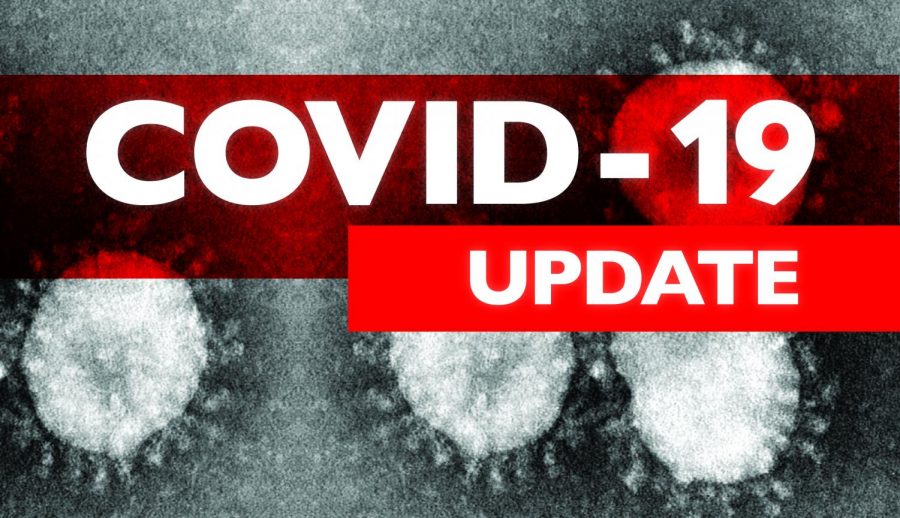Gaudino discusses ‘manageable’ levels of COVID-19 infection, winter quarter changes
November 2, 2020
President James L. Gaudino discussed CWU’s handling of a “manageable” number of COVID-19 cases in the student body over the current quarter.
Additionally, he explained health and safety related changes to winter quarter, including it potentially beginning fully online.
Gaudino made his comments at the Oct. 29 Board of Trustees meeting.
“I wish I could report to you that we have had not a single case of [COVID-19] within our student population. Of course, I can’t do that,” Gaudino said. “But I can report that because of the work of the [COVID-19 response] team in developing the opening strategies, our rates of infection have been manageable.”
The total number of student cases since beginning the academic year is about 125.
CWU has been managing around 25 to 35 cases at any given time, with “occasional spikes,” Gaudino said.
Gaudino said the quarter’s infection rates have stayed within levels the university is able to quarantine and isolate, and that looking at the trends has made the response team hopeful infection levels will remain manageable through the end of the quarter.
Kittitas County Public Health Officer Dr. Mark Larson has been working closely with the response team since the beginning and has provided valuable expertise, according to Gaudino.
“[He] has been arm-in-arm with us.” Gaudino said. “I mean, the level of detail, the level of time that [Larson] has been willing to give Central Washington University gets down to approving weight lifting protocols in our athletic department for our athletes to see if the proper social distancing, the proper washing of equipment is being proposed and then is being followed.”
Larson has also been touring university facilities, such as the athletics areas, to ensure they are properly set up to adhere to health and safety guidelines.
CWU is working with county health officials, who are working with the state, to have access to more testing resources.
According to Gaudino, the campus opened this quarter with less testing capability than wanted.
“We opened without, as most universities did, we opened without the availability to us of the testing regiments that we wanted to implement. And that’s because the testing wasn’t available. It wasn’t because we didn’t want to do it, or couldn’t afford it, we simply could not get the adequate supply of tests,” Gaudino said.
However, a plan is underway to address this as winter quarter draws closer.
“I don’t want to announce exactly what we’re gonna do yet, because we don’t have the approval of the testing resources, but essentially we’ll have a much more robust testing protocol both in exiting the quarter and the students going home, and the students returning in the winter quarter,” Gaudino said. “So we’ll get a sense of the prevalence at the start and be able to do the quarantines and if necessary the isolations at the beginning of the quarter.”
This plan also includes the potential for the first two weeks of winter quarter to be held entirely online.
Following those two weeks, classes that require in-person instruction will begin holding physical classes.
According to Gaudino, Provost and Vice President for Academic and Student Life Michelle DenBeste has been in talks with faculty regarding this process.
“We’re trying to create as much of, if you will, a sanitary bubble at the beginning of the quarter as our testing will allow us to, and as the behaviors of our students will allow us to do to lower the start point as we go through the quarter,” Gaudino said.
According to Gaudino, CWU has proven that a university of its scale can return to functioning and adhere to new health and safety protocols with few exceptions.
The exceptions are off-campus parties that “result in a [COVID-19] infection or two” and can spread on campus when students who live on campus attend them.
Even so, Gaudino said the CWU community has come together due to the pandemic.
“[The pandemic] could have had everybody bickering at one another, but the reality was that it threw people together, it drew people together, this crisis given to us by this external factor of the pandemic,” Gaudino said. “The students, the faculty and the other employee groups have been incredibly willing, able, competent, professional partners in our pivots to respond to … the [COVID-19] crisis.”



